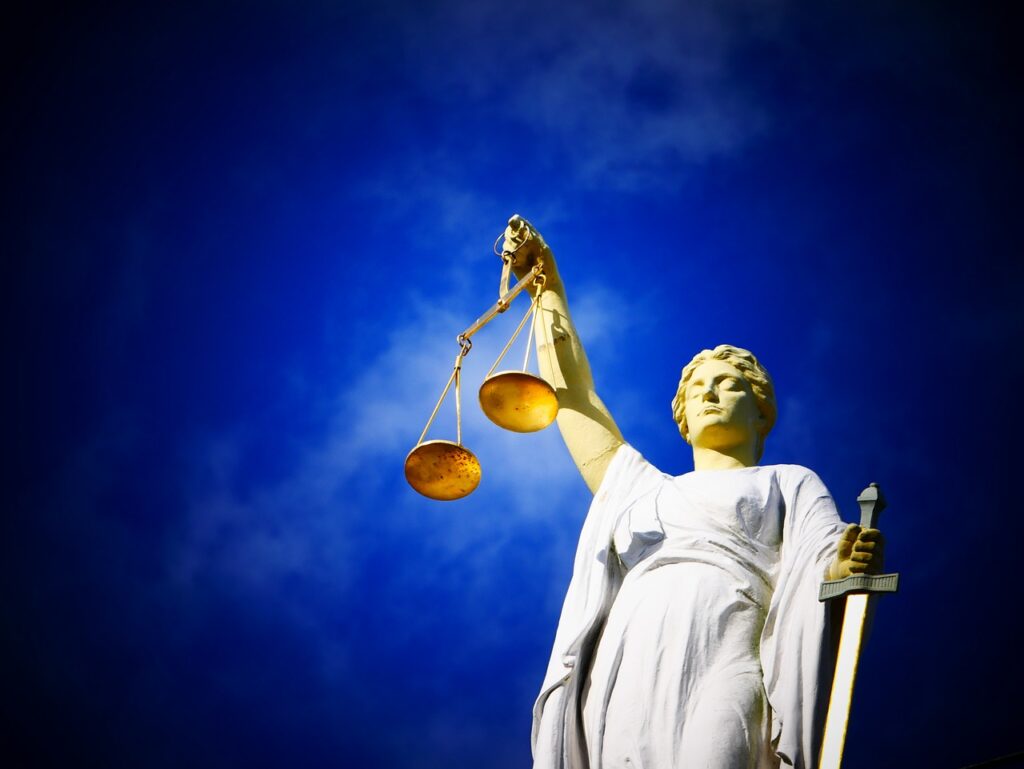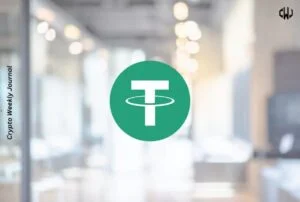- The appellate court in Montenegro approved the extradition of Do Kwon
- The decision reaffirmed an earlier High Court ruling and elicited mixed reactions from the victims of Kwon’s alleged fraudulent activities.
On Thursday, the appellate court in Montenegro approved the extradition of Do Kwon, co-founder of Terraform Labs, to South Korea. This decision marks the end of a prolonged legal tug-of-war between South Korea and the United States, both of which sought Kwon’s extradition following the catastrophic collapse of the TerraUSD stablecoin and its associated token, LUNA, which resulted in a $40 billion market value loss. However, this development raises crucial questions about justice and the efficacy of legal systems in dealing with high-profile financial crime
This decision, reaffirming an earlier High Court ruling, has sparked a mixed reaction among the global cryptocurrency community and the numerous victims of Kwon’s alleged fraudulent activities. While the extradition to South Korea seems imminent, the debate on whether this is the right course of action continues to intensify.
Legal Processes and Accountability: Montenegro’s Role in Do Kwon’s Case
On one hand, the legal processes in Montenegro have adhered strictly to international norms and bilateral agreements. Kwon’s arrest in Montenegro and the subsequent legal proceedings reflect a concerted effort by various jurisdictions to hold him accountable. His arrest in March 2023 while attempting to travel with falsified documents underscores the severity of his actions and the lengths to which he went to evade justice.

However, recent news in The Korean Times reveals a prevailing sentiment among many in South Korea that there is a lack of faith in their own legal system to deliver stringent punishment. South Korea’s maximum sentence for economic crimes is about 40 years, significantly less than the potential 100-year sentence Kwon could face in the United States. This disparity fuels the belief that Kwon prefers to face trial in South Korea, where the consequences might be less severe.
Victims in South Korea and beyond are vocal about their desire for Kwon to face trial in the U.S., where the penalties could be harsher and more reflective of the gravity of his alleged crimes. The collapse of Terraform Labs in 2022 wiped out an estimated $40 billion in market value, affecting around 280,000 investors globally. The U.S. Securities and Exchange Commission (SEC) has sued Kwon and Terraform Labs for defrauding U.S. investors, adding another layer of complexity to the extradition debate.
Moreover, skepticism abounds regarding the potential for compensation. Many Korean victims doubt the likelihood of recovering their losses through the South Korean legal system. The notion that extraditing Kwon to Korea is the best way to ensure financial restitution is not widely accepted. The legal battles have not only drained resources but also eroded trust in achieving any form of meaningful compensation.
The Montenegrin court’s decision to prioritize South Korea’s extradition request over the U.S. adds another twist. The lack of an appeal from either the prosecution or defense indicates a legally binding resolution, yet it leaves a lingering question about justice’s true course. The political undertones, including the recent resignation of Montenegrin Justice Minister Andrej Milović, hint at a broader context influencing legal outcomes.
The extradition of Do Kwon to South Korea represents a pivotal moment in his legal saga, marked by numerous complexities and diverse opinions on justice. The global cryptocurrency community and the victims of Terraform Labs’ collapse are still dealing with the consequences of this decision. It remains uncertain whether this step will lead to a fair resolution or simply a lenient conclusion. The international legal community must now ensure that the upcoming proceedings are transparent, just, and serve as a deterrent to future financial crimes.



